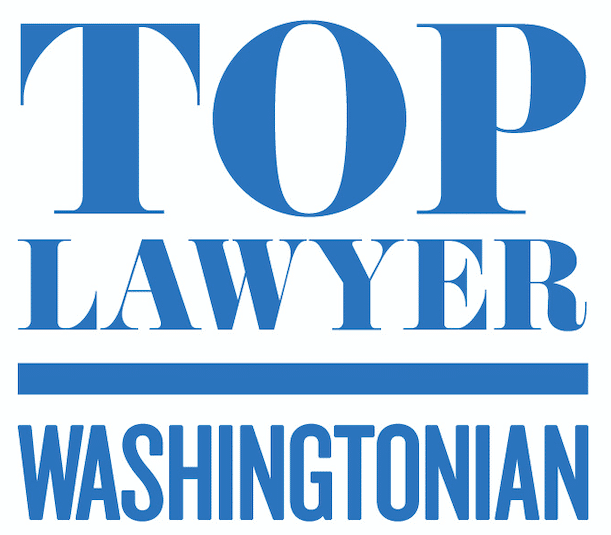Virginia Whistleblower Protection Law
On April 11, 2020, Virginia Governor Ralph Northam signed into law HB798, which protects workers from retaliation for reporting to a supervisor or any governmental body violations or suspected violations of federal or state law, refusing to engage in a criminal act or carry out an order that would violate federal or state law, or engaging in participatory protected conduct. HB798 authorizes a whistleblower to bring a civil action seeking injunctive relief, reinstatement, and uncapped compensation for lost wages, benefits, and other remuneration.
Prior to the enactment of the Virginia whistleblower protection law, Virginia law offered very limited statutory protection for whistleblowers, and Virginia’s common law wrongful discharge tort was a narrow exception to at-will employment that failed to provide a remedy to many whistleblowers that were fired for whistleblowing. In particular, the Bowman wrongful discharge tort was generally limited to terminations that violate a public policy contained within Virginia’s statutes (not federal statutes). HB798 is not as strong as some other state whistleblower protection laws, but it is a monumental step forward for whistleblower rights in Virginia.
Virginia Whistleblower Protection Lawyers
 The experienced Virginia whistleblower attorneys at Zuckerman Law have substantial experience representing whistleblowers in retaliation cases under federal and state whistleblower retaliation laws. To schedule a free preliminary consultation, click here or call us at 202-262-8959.
The experienced Virginia whistleblower attorneys at Zuckerman Law have substantial experience representing whistleblowers in retaliation cases under federal and state whistleblower retaliation laws. To schedule a free preliminary consultation, click here or call us at 202-262-8959.
In 2019 and 2021, Northern Virginia Magazine recognized Zuckerman Law Principal Jason Zuckerman as a Top Lawyer in the category of employment law.

Washingtonian magazine has included us in its list of top whistleblower lawyers.
The 2020 Edition of U.S. News – Best Lawyers “Best Law Firms named Zuckerman Law a Tier 1 Firm in Litigation – Labor & Employment in Washington, DC.
See our tips to maximize your recovery in a whistleblower retaliation case.
Protected Whistleblowing and Prohibited Retaliation Under Virginia Whistleblower Law
The scope of prohibited retaliation under Virginia’s new whistleblower protection law is broad. It prohibits an employer from discharging, disciplining, threatening, discriminating against, or penalizing an employee, or taking other retaliatory action regarding an employee’s compensation, terms, conditions, location, or privileges of employment because of the employee’s protected conduct. Protected conduct under the Virginia whistleblower protection law includes:
- Reporting in good faith a violation of any federal or state law or regulation to a supervisor or to any governmental body or law enforcement official;
- Being requested by a governmental body or law enforcement official to participate in an investigation, hearing, or inquiry;
- Refusing to engage in a criminal act that would subject the employee to criminal liability;
- Refusing an employer’s order to perform an action that violates any federal or state law or regulation when the employee informs the employer that the order is being refused for that reason; or
- Providing information to or testifying before any governmental body or law enforcement official conducting an investigation, hearing, or inquiry into any alleged violation by the employer of federal or state law or regulation.
HB798 clarifies that it does not:
- Authorize an employee to make a disclosure of data otherwise protected by law or any legal privilege;
- Permit an employee to make statements or disclosures knowing that they are false or that they are in reckless disregard of the truth; or
- Permit disclosures that would violate federal or state law or diminish or impair the rights of any person to the continued protection of confidentiality of communications provided by common law.
Remedies Under Virginia Whistleblower Protection Law
There is no requirement under the Virginia whistleblower protection law to exhaust administrative remedies, i.e., an employee alleging retaliation can bring a civil action in a court of competent jurisdiction within one year of the prohibited retaliatory action without first filing a claim with an administrative body. A prevailing whistleblower can obtain the following relief:
- An injunction to restrain continued violation;
- Reinstatement to the same or an equivalent position held before the employer took the retaliatory action; and/or
- Compensation for lost wages, benefits, and other remuneration, together with interest, as well as reasonable attorneys’ fees and costs.
Virginia Law Protecting Whistleblowers
New Virginia Whistleblower Law Offers Broad Employee ProtectionVirginia Whistleblower Retaliation Law
2020 Legislative Session Heralds a Sea Change in Virginia Employment Law








